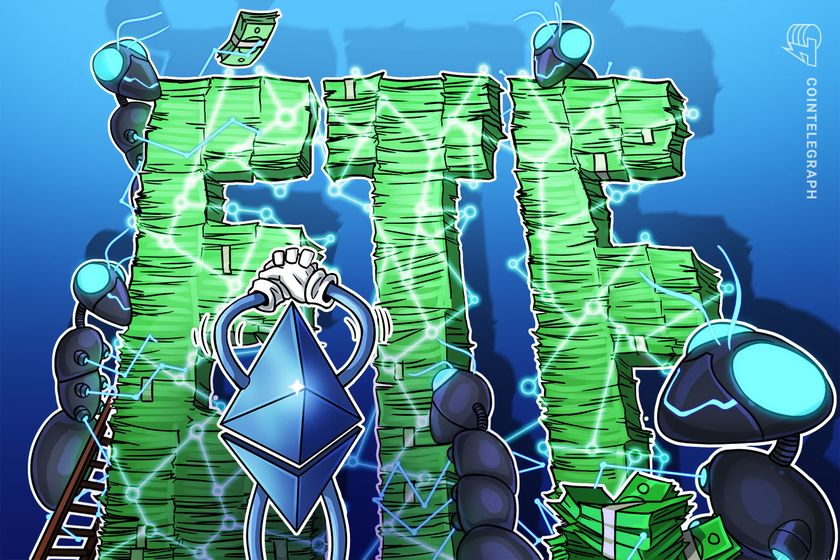Umbrella IDO sees record participation on Polkastarter

More than 110,000 investors signed up for the chance to receive one of 1,000 whitelistings for Umbrella Network’s IDO on Polkastarter.
Decentralized oracle network Umbrella has published details of its recent initial DEX offering, or IDO, revealing that 110,000 applicants hsigned up for the offering on Polkastarter.
The Feb. 9 offering saw 10 times the amount of hopefuls sign up as the 1,000 randomly selected slots available, with 2.5 million UMB tokens being distributed to only 625 participants during the sale.
The IDO raised 72.5 Ether worth roughly $250,000. In an announcement shared with Cointelegraph, Umbrella emphasizes the token sale was intended to limit the concentration of tokens among large holders, taking “deliberate steps to ensure strong participation at fair prices.”
“This offering represents another key step in bringing decentralized oracle networks to an industry where demand for high-quality external data is growing exponentially,” said Umbrella’s founding partner, Samuel Kim.
“We firmly believe in the power of community governance and decentralized solutions, and we will use this critical moment to move forward toward the next steps in Umbrella Network’s evolution.”
Umbrella asserts that its delegated proof-of-stake consensus model ensures highly cost-effective data transmission. By leveraging a decentralized network of nodes, Umbrella claims it can individually validate “thousands of transactions for the price it would take to confirm a single transaction [in other networks”/using centralized networks].
The project uses a layer-two scaling solution that leverages Merkle Tree technology to consolidate multiple data points within a single on-chain transaction to mitigate the high costs of transacting on the Ethereum mainnet. Umbrella plans to run on Polkadot in future.
Polkastarter is a cross-chain DEX designed to facilitate token auctions and pools. The platform has recently grown in popularity as a platform for IDOs, owing to its support for cross-chain token swaps, fixed-price offerings, and KYC integration.









